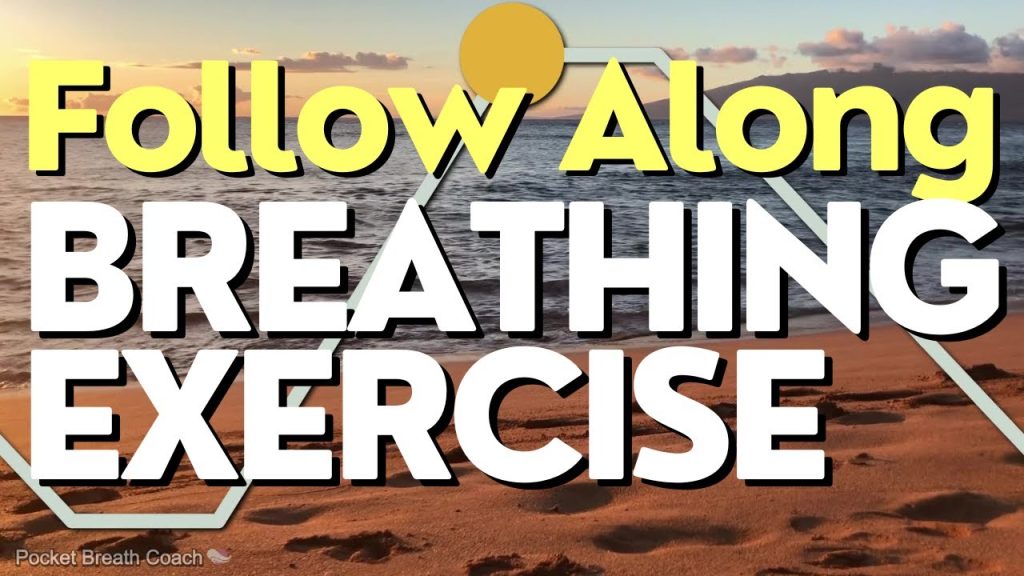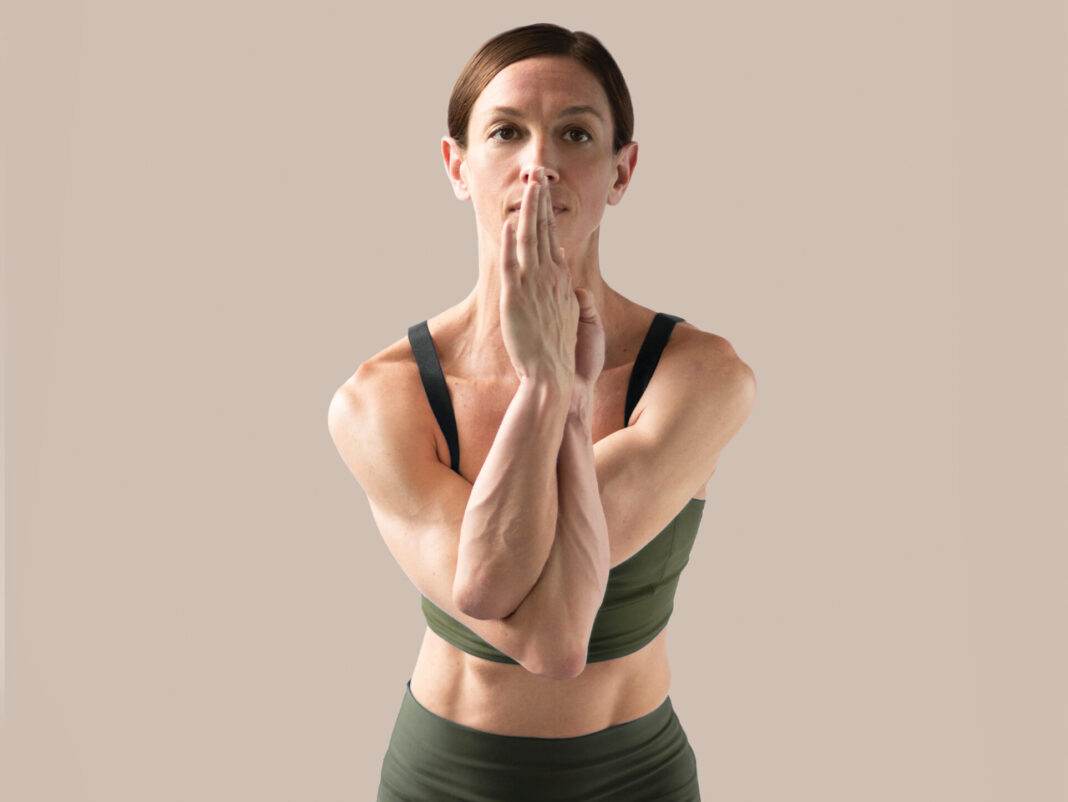Breathing Techniques to Calm the Mind During Bathing: A Practical Guide

Creating Your Personal Retreat
In a world where the demands of work, family, and social obligations pull at our time and attention, discovering pockets of stillness can feel nearly impossible. Yet, the simple act of bathing can be transformed into a cherished ritual of self-care and introspection. By embracing breathing techniques, we can elevate our bathing experience into a sanctuary for the mind and spirit.
The practice of focusing on one’s breath has long been recognized for its ability to promote relaxation and mental clarity. One need not go far to witness the remarkable benefits that can arise from this practice. For instance, various cultures, including those in Nigeria, see bathing as sacred—a space to cleanse not just the body but to also revitalize the soul. Infusing breathing exercises into this practice can further enrich your bathing routine, making it more than just mundane hygiene but a moment of rejuvenation.
Benefits of Breath-Focused Bathing
Focusing on your breath while soaking in warm water can yield several psychological and physical benefits:
- Reduction of stress: Intentional breathing patterns can significantly lower cortisol levels, the hormone most commonly associated with stress. Just a few minutes of deep, rhythmic inhalation and exhalation can create a calming effect that lingers long after you leave the bath.
- Improved focus: Neglecting daily worries by centering your attention on your breath fosters mental clarity. This shift in focus can refresh your mind, making it easier to tackle whatever lies ahead.
- Enhanced mood: Engaging in deep breathing stimulates the release of endorphins, hormones that are natural mood lifters. Feeling more positive can influence overall well-being and perspective on daily challenges.
Moreover, in many Nigerian communities, the bathing experience is often accompanied by rituals, art, and even the fragrances of natural herbs and oils. These elements serve to heighten awareness and presence, aligning perfectly with a mindful breathing approach. Whether you are in a bustling city or a quiet village, the integration of such practices can create a personal retreat right in your home.
A Practical Guide to Mindful Breathing
To dive deeper into this enriching experience, consider several breathing techniques you can practice during your bath. Begin with diaphragmatic breathing, where you breathe deeply into your belly rather than your chest. This promotes relaxation. Additionally, try the 4-7-8 technique: inhale for four counts, hold for seven, and exhale for eight. This exercise can induce a sense of calm and tranquility. Setting the right mood—soft lighting, calming scents, or soothing sounds—can further support your journey into serenity as you explore the intersection of hygiene and healing.

Your next bath doesn’t just have to be another chore; it can become a transformational moment. Embrace the soothing power of water combined with mindful breathing, and cultivate a ritual that nourishes both body and spirit. With each soak, create a space for reflection, allowing yourself to emerge refreshed and renewed.
RECOMMENDED: Check out this similar article
Embracing the Breath
As you settle into the warm embrace of your bath, it becomes essential to consciously recenter your mind—an act of self-love that can be easily overlooked in our fast-paced lives. Paying attention to your breathing can significantly enhance this serene moment. When you practice *mindful breathing*, you’re not only reconnecting with your body but also inviting tranquility into your chaotic day. This practice can transform an ordinary bathing experience into an extraordinary sensorial escape.
The Science of Breath and Relaxation
Understanding how breath influences our physiological and psychological states can deepen your bathing experience. Research has shown that breathing techniques play a vital role in activating the body’s relaxation response. For instance, engaging the vagus nerve—responsible for regulating heart rate and stress responses—can be achieved through intentional breathing patterns. Studies indicate that diaphragmatic breathing, which involves deep abdominal breaths, can lower heart rates and promote a state of calm.
Integrating these techniques into your bathing ritual not only heightens relaxation but also enriches the spiritual aspect of the practice. In Nigerian culture, many people associate bathing with rejuvenation and cleansing, both physically and emotionally. By incorporating breath-focused techniques into this age-old practice, individuals can elevate the bathing experience from a daily routine to a spiritual exercise, fostering deeper introspection and inner peace.
Techniques to Explore
As you prepare for your next bath, consider experimenting with these effective breathing techniques that align perfectly with the soothing elements of water:
- Diaphragmatic Breathing: Place one hand on your abdomen and the other on your chest. Inhale deeply through your nose, allowing your abdomen to rise while keeping your chest relatively still. Exhale slowly through your mouth, feeling your abdomen fall. This type of breathing stimulates the diaphragm, promoting relaxation.
- Box Breathing: Imagine a box as you breathe—inhale for four counts, hold for four, exhale for four, and finally hold again for four. This rhythmic breathing helps to calm the mind and create a sense of structure to your thoughts.
- Progressive Muscle Relaxation: As you take deep breaths, consciously tense and relax each muscle group from your feet up to your head. This not only enhances further relaxation but allows you to focus solely on the present moment.
To enhance the benefits of these breathing techniques, consider integrating other elements into your bathing space—such as aromatherapy with natural essential oils or soothing sounds. As the warm water envelops you and these methods guide you, you’ll find that you are indeed creating a sanctuary of relaxation and rejuvenation. Each breath deepens your connection to the present, allowing for a meaningful and enriching escape.
| Category | Description |
|---|---|
| Deep Breathing | Focuses on inhaling deeply through the nose and exhaling slowly through the mouth, promoting relaxation during bath time. |
| Mindfulness Breathing | Encourages awareness of breath patterns, distractions, and the soothing sensations of water, enhancing mental clarity and reducing stress. |
| Visualization Techniques | Combines deep breathing with mental images of peaceful settings while bathing, promoting a serene atmosphere. |
| Progressive Muscle Relaxation | Involves tensing and relaxing each muscle group in sync with breath, releasing tension and enhancing the calming experience of bathing. |
Exploring these breathing techniques during your bathing ritual can significantly enhance your overall relaxation. By adopting practices such as deep breathing, you will be able to ground yourself, ensuring the day’s stress washes away as effortlessly as the water itself. Moreover, mindfulness breathing not only calms the mind but also heightens the experience, allowing you to truly appreciate the soothing moments enveloped by warm water. Incorporating these methods invites a tranquil state, turning your bath time into an oasis of peace. Through visualization techniques, you can transport your mind to serene landscapes or calming environments, amplifying the effect of your bath. Meanwhile, utilizing progressive muscle relaxation can help you forge a deeper connection with your body, erasing tensions and leaving you in a state of blissful calm. Discovering and mastering these techniques will lead to greater moments of serenity in your daily life.
CHECK OUT: Click here to explore more
Cultivating Presence Through Breath
Once you’ve established a calming breathing technique, the next step is to fully immerse yourself in the experience, allowing each moment in the bath to unfold naturally. Embracing the sensations of water and air alongside your breath can ground you in the present moment, which is an essential aspect of mindfulness. In Nigeria, where the significance of rituals and spiritual practices is deeply ingrained in daily life, the act of bathing transcends mere cleansing. It becomes a meditative practice when combined with purposeful breathing. As you take this time for yourself, consider how your breath can not only soothe your mind but also connect you to a broader cultural legacy of wellness.
The Role of Visualization
Visualization can be a powerful tool when paired with breathing techniques during your bath. As you breathe in deeply, imagine the air filling your lungs with warm, golden light, wrapping you in comfort and safety. With each exhale, picture any stress or negativity leaving your body as a dark cloud or a feather, floating away gently. This fusion of breath and imagery can enhance feelings of relaxation and create a calming energy that permeates the bathing experience. Research indicates that such mental imagery activates different areas of the brain linked to emotional regulation and stress relief, potentially elevating the benefits of your bathing ritual.
Incorporating Cultural Elements
In Nigeria, various ethnic groups have rich histories of incorporating natural elements and spirituality into everyday practices. Bathing rituals are often enriched by local herbs, oils, and other earth-derived products, which can amplify the calming effects when blended with breathing techniques. For instance, using hibiscus or moringa leaves not only adds therapeutic properties to your bath but also offers pleasant aromas that enhance relaxation. Combining aromatic essential oils such as lavender or eucalyptus with your breath can further create an immersive, multisensory experience. As you inhale, the scents can trigger memories or feelings that evoke peace and calmness, making your bathing experience not just a physical cleanse but a profound spiritual one.
Sound and Breath Harmony
Sound plays a pivotal role in enhancing relaxation during bathing. The gentle trickle of water or calm sounds from nature can resonate deeply with your breathing patterns, reinforcing a sense of serenity. You might consider adding soft, soothing music that complements the rhythms of your breath. Engage in a technique called ‘breath counting’, where you synchronize your inhalations and exhalations with the tempo of the sound. This synergy between breath and sound minimizes distractions, allowing you to delve deeper into your mindfulness practice. In local traditions, playing soft drumming or the soothing sounds of traditional instruments can also elevate your experience, connecting you with your cultural roots while fostering a calming atmosphere.
As you immerse yourself in this thoughtful union of breath, visualization, cultural elements, and sound, your bathing journey transforms into a holistic self-care ritual. Each session becomes a pathway to not only physical cleanliness but also mental clarity and spiritual renewal—an invitation to tap into the depths of self-awareness that resonate with Nigeria’s rich cultural heritage.
SEE ALSO: Click here to read another article
Embracing Tranquility in the Bathing Ritual
In conclusion, the integration of breathing techniques into your bathing ritual transforms a simple act of cleansing into a profound journey of self-discovery and tranquility. By cultivating presence through mindful breathing, employing visualization, and incorporating cultural elements, you enhance the sensory experience, allowing your mind to release tension and embrace peace. The essence of your ritual is amplified when you blend in soothing sounds and the aromas of natural elements—whether it’s the rich scent of local herbs, oils, or gentle melodies that resonate with your breathing rhythm.
As you embark on this personal journey of wellness, remember that every breath you take can connect you to a deeper sense of self and heritage. This process not only facilitates relaxation but also fosters resilience against the stresses of daily life. Let your bathing ritual serve as a sanctuary where each inhale invites calmness and each exhale dispels anxiety. The act of bathing becomes more than mere hygiene; it becomes a sacred practice grounded in the heart of Nigerian culture. In a world filled with constant demands, allowing yourself these moments of stillness amid the nurturing embrace of water is essential for holistic well-being.
Invite this mindful practice of calm breathing into your daily routine, and witness how it profoundly enhances your bathing experience and overall mental clarity. The path to serenity lies within; all you need to do is take a breath and immerse yourself.


